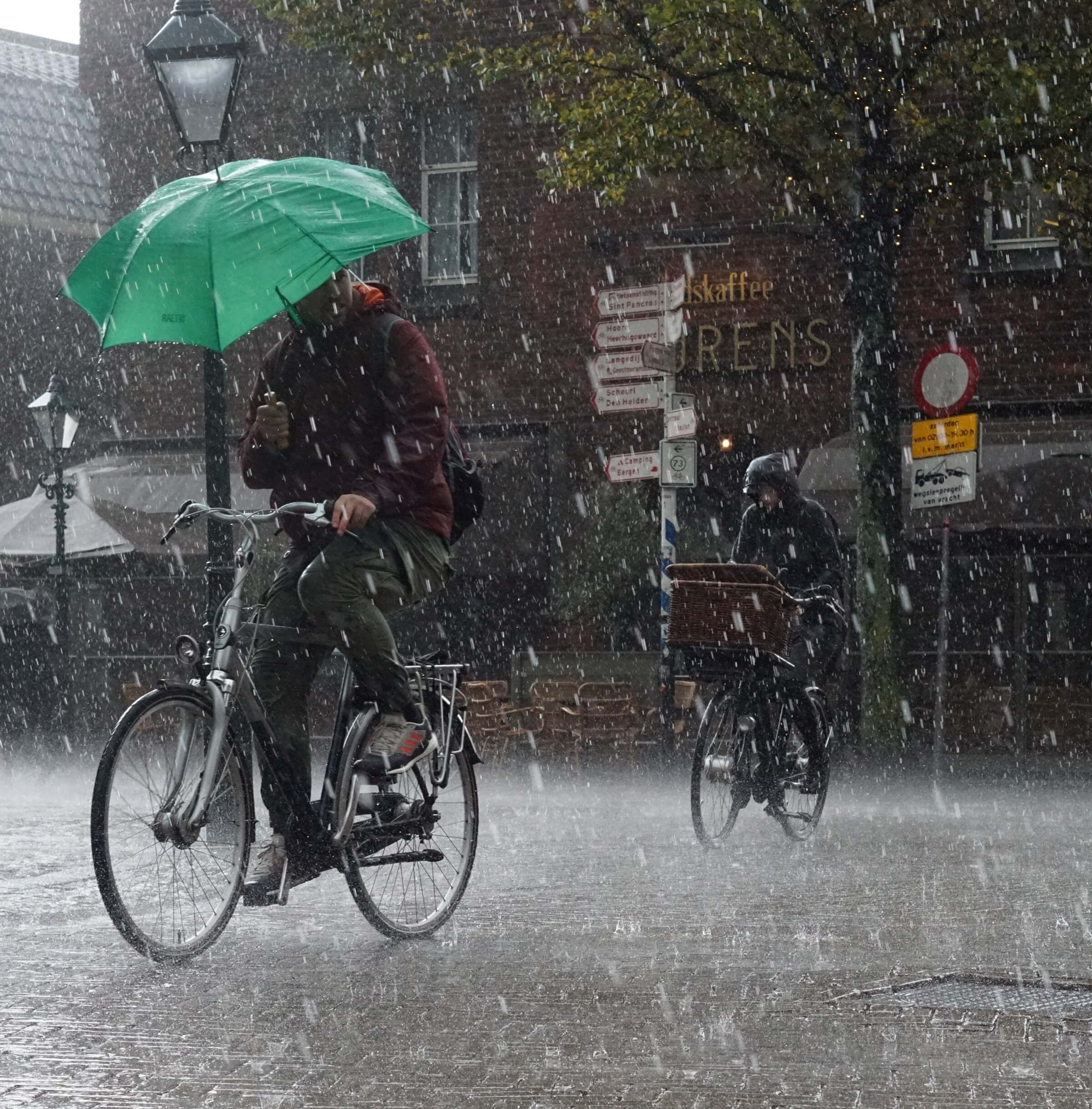Rental Income Loss: Covid causes a quarter of landlords to lose rental income
Rental income loss: A new poll shows that Covid has cost a quarter of landlords their rental income.
A YouGov poll conducted on behalf of the NRLA reveals that almost one in four private landlords are faced with rental income loss due to the pandemic. So it’s no wonder that landlords have so many concerns about 2022.
Rent Guarantee Insurance for £299
- ✓ Covered for £2,500 per month
- ✓ Claim up to £25,000
- ✓ Free access to legal advice
The poll, which asked over 1,000 landlords how Covid had affected them between March 2020 and September 2021 of last year, showed that landlords are twice as likely to sell their portfolios now. 36% of landlords said that they intend to exit the market, or at least sell parts of their portfolios.
Among those who said their income loss was a result of the pandemic:
- Over a half (54%) stated they’ve lost up to a fifth of their income across their portfolio
- 5% of those lost more than half of their rental income
- 11% of landlords reported having negotiated rent reductions and temporary suspensions of rent payments with some of their tenants
- 8% had major issues with these unpaid rents.
Furthermore, at least 4% of landlords have experienced an increase in empty properties during this time.
The NRLA warns that these issues will further exacerbate the situation, making the ongoing supply problems in the private rental sector worse. This in turn will most likely continue to force rents to sky rocket as tenants compete for properties.

Chief Executive of the NRLA, Ben Beadle, has said that the figures show the extent of landlords who have been hit by the pandemic – just as they’ve been warning over the last two years (2020/21). He also confirmed those most affected are more likely to leave the market, mentioning how vital it is that the rent debt crisis doesn’t make the rental housing supply crisis worse than it already is.
As a matter of urgency, councils need to make use of the money they now have to help tenants get Covid rent debts cleared. Without this, renters face a bleak future of fewer properties to rent and, ultimately, higher rents.
How can the government help with rental income loss on rentals due to Covid?
Low income households and vulnerable renters had access to the support package which was announced by the Department for Levelling Up, Housing and Communities. Thanks to this initiative, renters across the country have been protected throughout the pandemic, including a ban on evictions and a £400 billion support package for the economy.
In 2021, the Government also made funding available for councils in England to help tenants pay off Covid related rent arrears.
The NRLA stated that these results are further proof of the need to continue helping tenants get Covid related rent debts paid off, helping to keep landlords in the market and tenants in their homes. They’ve also said that they believe local authorities need to arrange assistance where money reaches the pockets of affected tenants, as speedily as possible.
How can landlords help tenants struggling with income loss due to Covid?
The stats and results only give us a glimpse into the hardships we’ve seen due to Covid-19, but there is help available.
- Check out our guide to protection for landlords and tenants during Covid here.
- Silence is never an option. Communication during difficult times among tenants and landlords is key, so be sure to let your tenant know there are options available if your tenant is struggling to pay their rent.
- Landlords can check out our Guide to Maintenance during Covid-19, or seek advice for those who can’t pay rent due to Covid here.
- As we’ve mentioned earlier – with the combined cost of living rising, along with the Bank of England base rate, it’s natural that people are looking for cheaper lifestyle alternatives. You may find there are benefits to living with friends or searching for a more non-traditional home.
- We also recommend that landlords consider the ultimate benefit of investing in Rent Guarantee Insurance, because even the best of tenants can run into problems, especially during these tumultuous times.